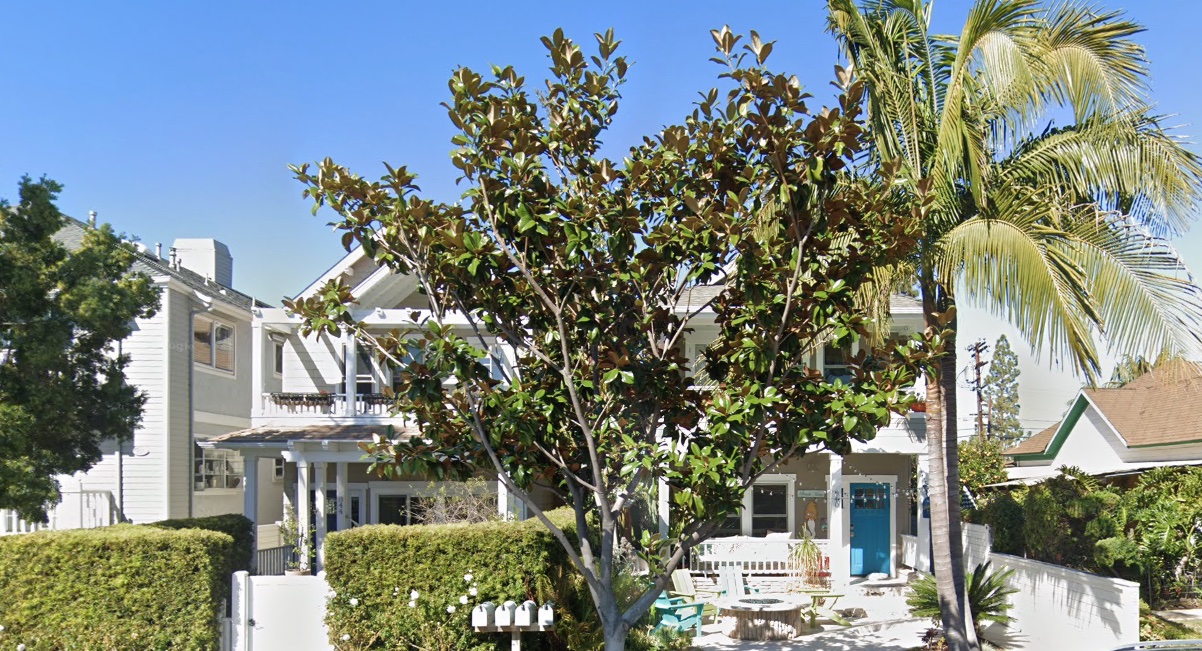A Chinese American family in San Diego is donating $5 million to San Diego State University’s Black Resource Center to aid students with college tuition, reports the Sing Tao Daily.
The proceeds come from the recent sale of a property in tony Coronado, a resort town along San Diego Bay, originally purchased by Janice and Lloyd Dong, who in 1939 were invited to rent the property by African American couple Emma and Gus Thompson.
It was the only property available to rent for people of color at the time. The Thompsons built the property before racially restrictive housing policies were put in place, prohibiting people of color from renting or owning property.
The Thompsons recognized the Dong’s plight in not being able to secure housing and offered the space to them. The Dongs would eventually go on to purchase the property as well as an adjacent home, handing both down to their sons.
The property and an adjacent apartment complex also owned by the Dong’s is estimated to be worth some $8 million and the sons have agreed to donate $5 million of the sale to honor the Thompson’s legacy.
“This may allow some kids to go to college and thrive who might not otherwise be able to go to college,” said Janice Dong, now 86 and a retired teacher.
Lloyd Dong Jr. said the Thompsons gave their family a start with the land, and now it’s time for them to do the same for others. “Without them, we wouldn’t have education and everything else,” he said.
The Dong family is also pushing to rename the African American Resource Center at San Diego State University after Emma and Gus, who were born into slavery in Kentucky.
Reporting by NBC notes the Dong family’s roots in the US extend back to the late 19th century, when Lloyd Dong Sr. worked as a farmer in the Central Valley before moving the family to Coronado, where he took up work as a gardener.
Jo Von M. McCalester, a Howard University political science professor who grew up in San Diego, told NBC the story highlights the very real racism that existed in California.
“I think that when we talk about racism generally in California, and especially in places like San Diego and L.A., people think because there was no slavery in California, that racism didn’t exist,” he said. “But it doesn’t mean that groups and individuals didn’t understand their places within the society.”
This resource is supported in whole or in part by funding provided by the State of California, administered by the California State Library in partnership with the California Department of Social Services and the California Commission on Asian and Pacific Islander American Affairs as part of the Stop the Hate program. To report a hate incident or hate crime and get support, go to CA vs Hate.





